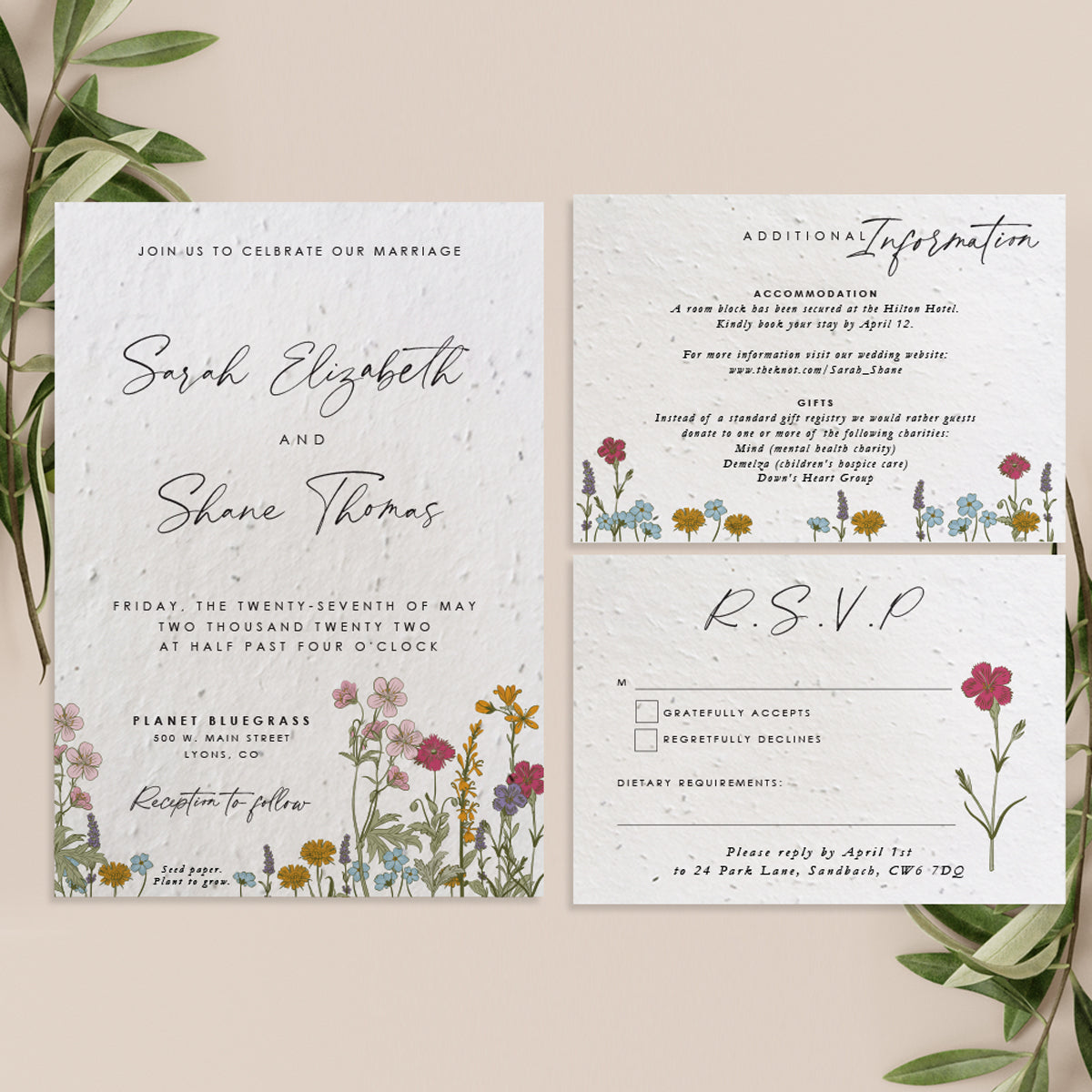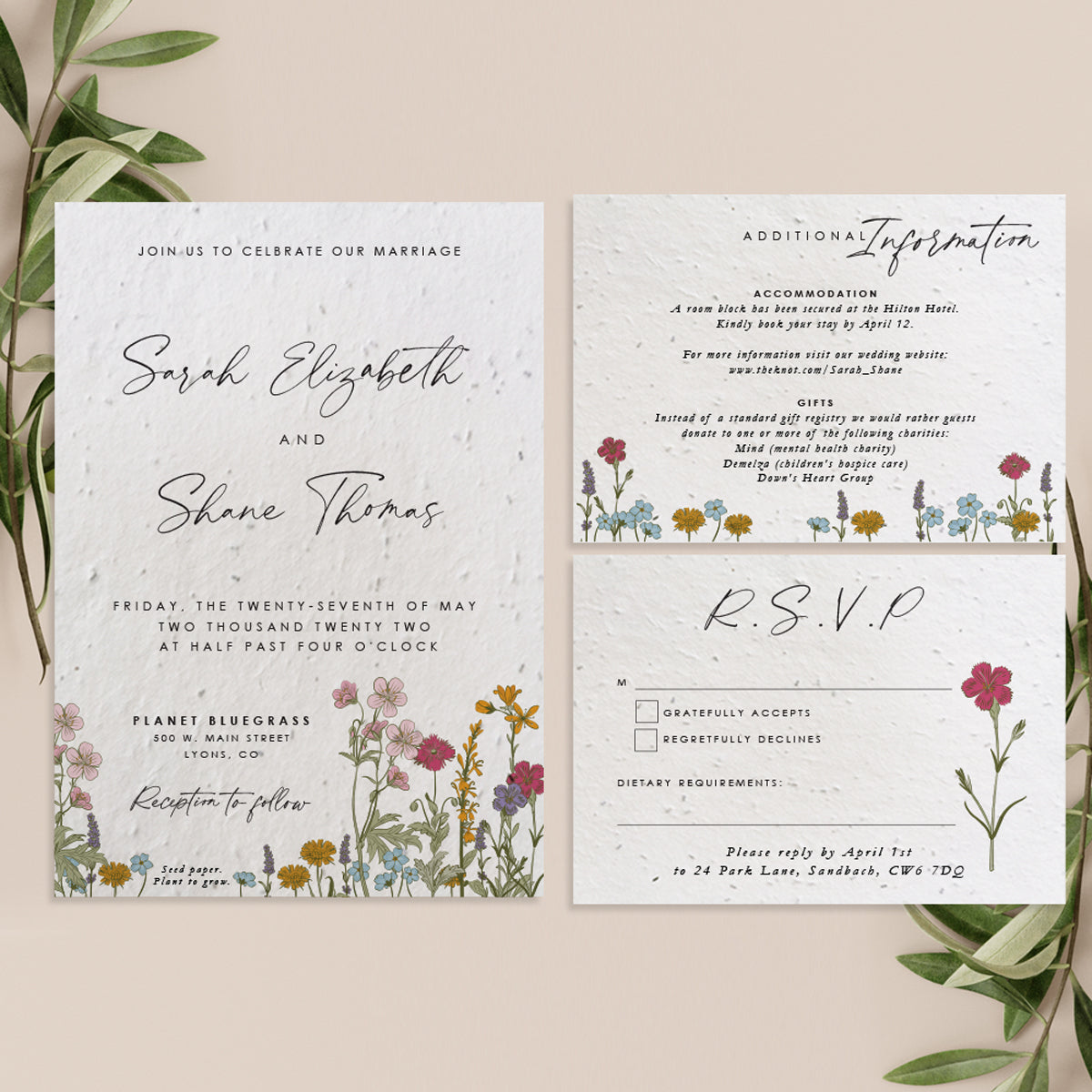What is Biodegradable Stationery?
Biodegradable stationery refers to products made from natural, renewable, or recycled materials that break down naturally over time without harming the environment. Unlike conventional stationery made from non-biodegradable materials such as plastics and synthetic fibers, biodegradable options are crafted using eco-friendly materials like recycled paper, bamboo, cork, and plant-based polymers. These materials decompose more easily when disposed of, leaving minimal environmental footprint.
Key Benefits of Biodegradable Stationery
Reduced Environmental Impact
The primary benefit of biodegradable stationery is its minimal impact on the environment. Traditional stationery, particularly plastic-based products like pens, staplers, and highlighters, can take hundreds of years to break down in landfills, contributing to pollution. Biodegradable products, on the other hand, are designed to decompose quickly, often within a few months to a few years, depending on the material. This helps reduce the accumulation of waste in landfills and lowers pollution levels.
Conservation of Resources
Biodegradable stationery often uses recycled or sustainably sourced materials, which reduces the need for virgin raw materials. For instance, paper used in biodegradable notebooks and diaries may come from recycled sources or sustainably managed forests. Pens may be crafted from bamboo or corn-based plastic alternatives, both of which are renewable resources. By choosing biodegradable stationery, consumers support the conservation of resources and promote responsible consumption practices.
Non-Toxic and Safe
Conventional stationery often contains chemicals, dyes, and plastics that can be harmful not only to the environment but also to human health. Biodegradable stationery is typically free from harmful toxins, chemicals, and artificial additives. This makes it a safer option, especially for children and students who use these products regularly. It also ensures that when these products break down, they do not release harmful substances into the soil or water systems.
Supporting a Circular Economy
Biodegradable products support the principles of a circular economy, where waste is minimized, and products are designed with their lifecycle in mind. Many biodegradable stationery items are recyclable or compostable, meaning they can be returned to the earth or reused to create new products. This reduces the pressure on natural ecosystems and promotes a more sustainable production and consumption model.
Types of Biodegradable Stationery
The range of biodegradable stationery products is expanding as more manufacturers embrace sustainability. Some common biodegradable stationery items include:
Pens and Pencils: These are often made from bamboo, cornstarch, or recycled paper. Many biodegradable pens are refillable, reducing waste further.
Notebooks and Paper: Made from recycled or sustainably sourced paper, these products are often bleach-free and use natural dyes.
Eco-Friendly Sticky Notes: These are typically made from recycled paper and use plant-based adhesives.
Staplers and Paper Clips: Made from biodegradable materials like wood or natural fibers.
Erasers and Highlighters: Crafted from natural rubber or biodegradable plastic, these items offer an eco-friendly alternative to traditional plastic options.
Challenges and the Future of Biodegradable Stationery
Despite its advantages, biodegradable stationery faces some challenges. Plantable Stationery Uk One of the main obstacles is cost. Eco-friendly products are often priced higher than their conventional counterparts due to the higher cost of sustainable materials and production processes. Additionally, public awareness of biodegradable stationery is still relatively low, meaning that demand for these products is not as high as it could be.






Comments